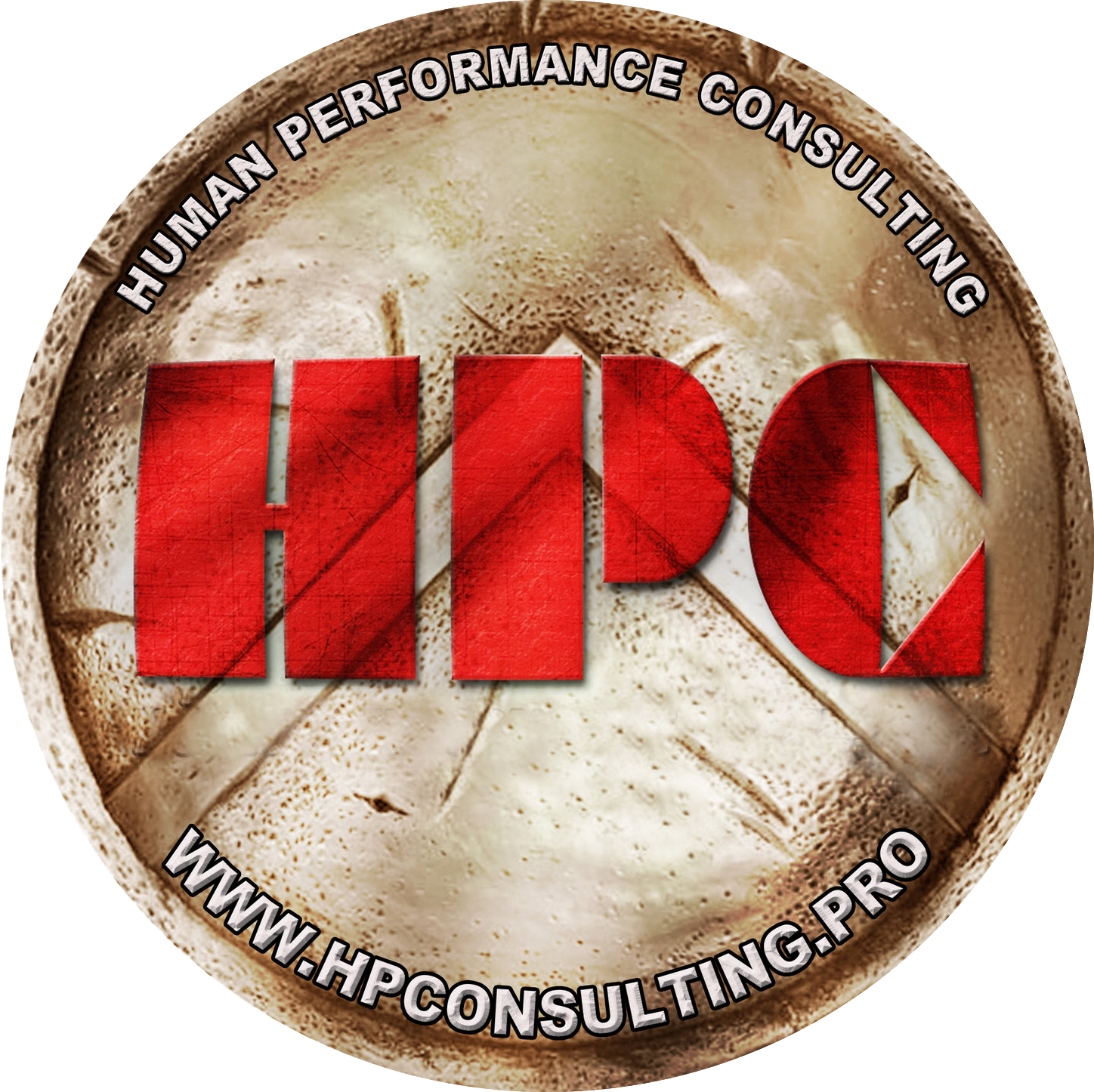“My word is my covenant. If I say I am going to do something, I either do it, or I am dead.”
Personal Creed development can reveal a lot about who we are. Our inner values, thoughts, and beliefs are brought out. We truly look inside ourselves and see what’s important to us. One of the most powerful revelations that I have found in individuals is the importance of keeping promises, both to ourselves and to others. Keeping promises to others is very important. Keeping promises reaffirms the relationships that we have with others and allows others to trust us. Breaking that trust can cause catastrophic events that can harm or even destroy a relationship.
The funny thing that we don’t always see is that, the same catastrophic event can happen when we break a promise to ourselves.
Breaking a Reflective Promise (a promise to someone else)
When we make a promise to ourselves we are making a reflective promise. These promises can be in the form of an inner statement such as “I am going to do something today, or I am going to start doing something on a certain day.” When you don’t fulfill that promise or statement, no matter how inconsequential you may think it is, you are lying to yourself. Lying to yourself causes psychological damage; moreover, it causes you to develop a habit of not fulfilling the things that you say that you are going to fulfill. When you don't keep a promise to yourself, you begin, maybe unknowingly, to erode the most important thing that you possess: your self-esteem. You begin to think that you really can’t do the things that you say (to yourself) that you are going to do and, over time, this erodes the confidence that have in yourself. Self esteem is related to self-efficacy, or the notion of accomplishing the goals that one sets to accomplish, giving oneself a feeling of accomplishment, self-worth, effectiveness, and satisfaction.
Breaking a Promise to Someone Else
When we don't keep a promise to someone, we erode the other person's confidence in us. If you do this on a repetitive basis, you earn the label of being indecisive, not dependable, flakey, or quite simply a liar. This can be a heavy cross to bear but I think that people simply shrug this off and imagine that their words are not that powerful. But words can be super powerful, especially if you are someone who wants to be counted on and remembered for being dependable and worthy.
The Cost of Not Making Promises
Knowing the cost of not keeping your promises may change the way you make promises in the first place. Treat them as transactions that will cost you psychological money if you fail. Treat them so high on your priority list that you give some serious thought the next time that you consider making a promise. Promises made to yourself should be dealt with like a complex business deal between your mind and your self-esteem. If you need assistance in accomplishing a promise to yourself, like talking to a friend or emailing me here at HPC, then by all means do that. Use all the tools at your disposal. Don’t leave any stone unturned in the land of promise making.
The flip side of making too many promises or making promises that you don't keep is never making a promise at all. This can be equally destructive. Not making any promises leads to complacency, stagnation, and boredom. Give yourself high enough goals and make and keep the small promises that support the overall goal.
Assignment
Try and see how many promises that you make and keep throughout the week. Remember that you have to make some promises to others and to yourself. Write some of the promises that you make to yourself and see if they are realistic. Overall, make yourself this promise: promise that you will not make any more promises to yourself or others that you can not realistically keep. If you do this one simple act, you will begin to live a more realistic and productive life and others will expect the statement that I started this blog post with, and that’s a promise!
“Lean into it!
Dr. N

